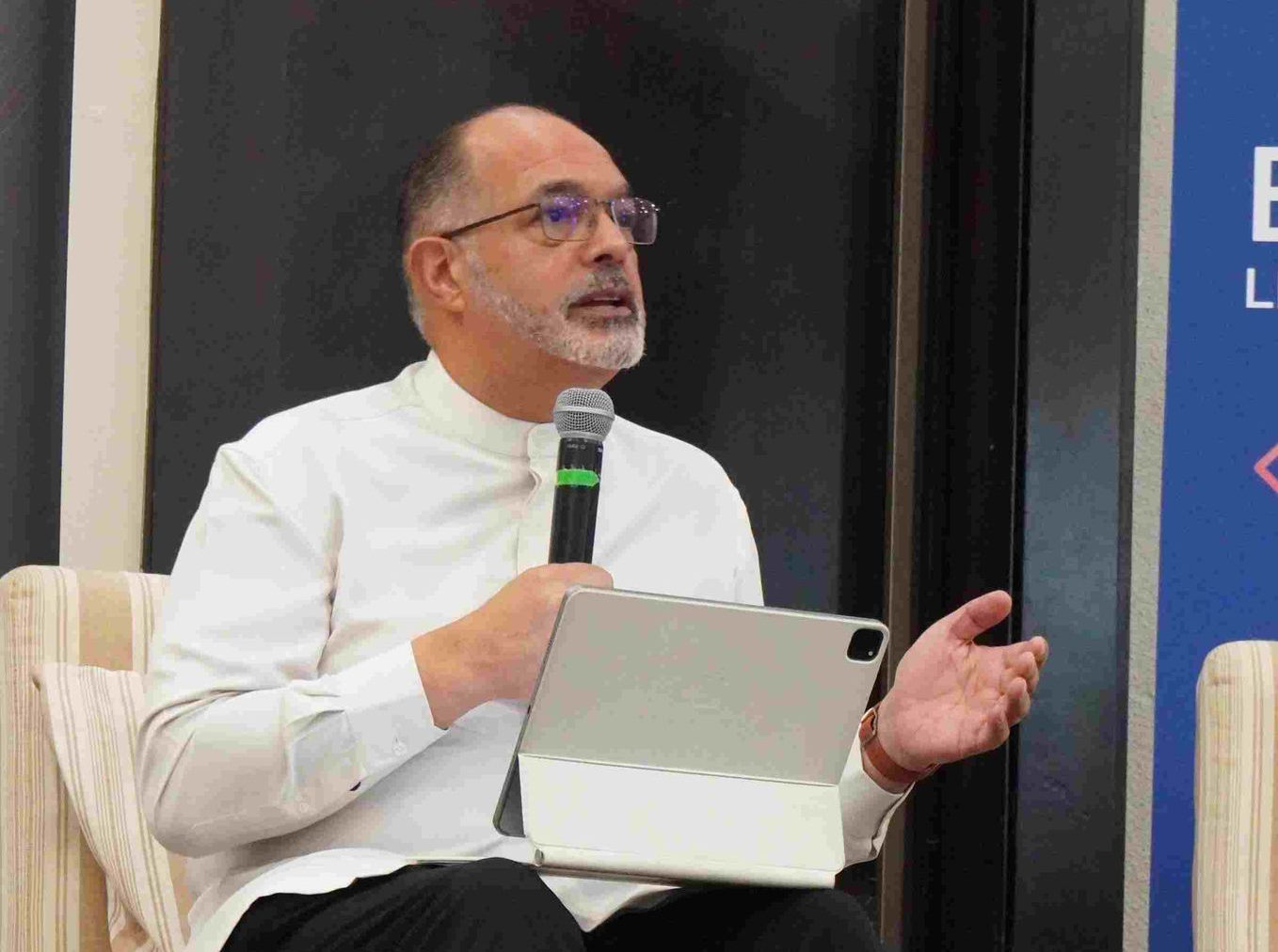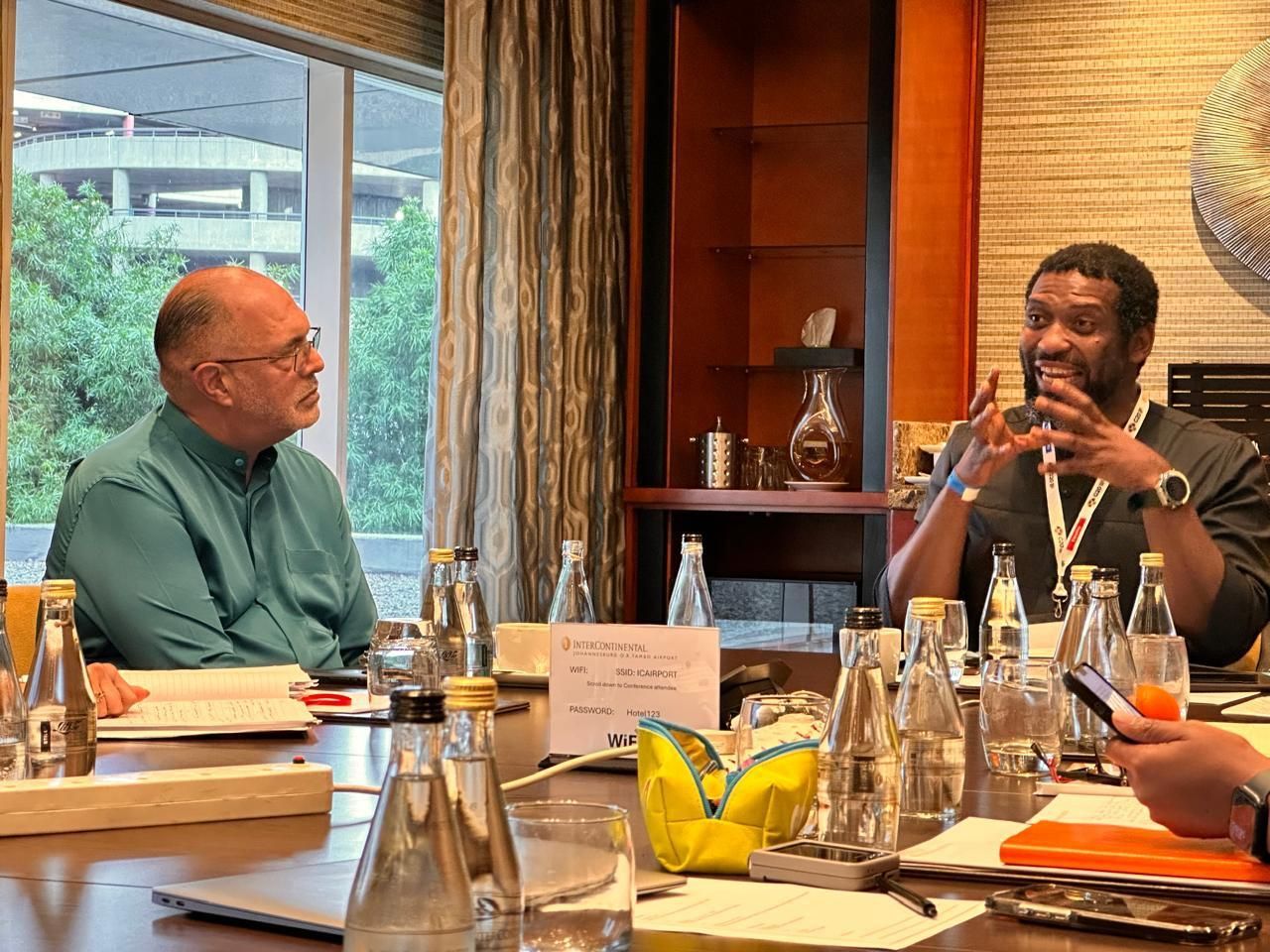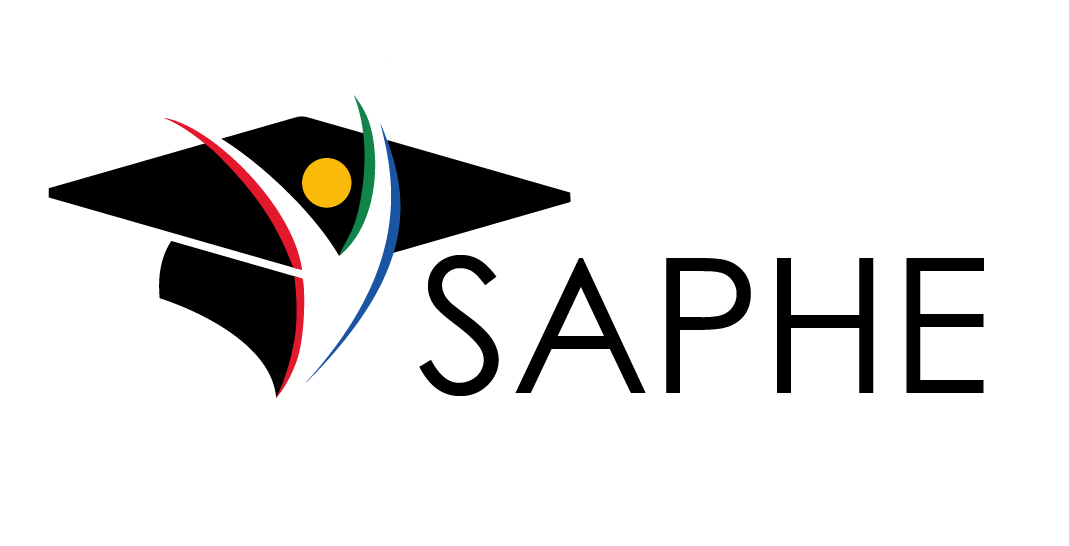Community engagement in higher education: From conversation to action
Often seen as the “stepchild” of higher education, community engagement (CE) took centre stage during SAPHE’s Faranani session held on 10 April.
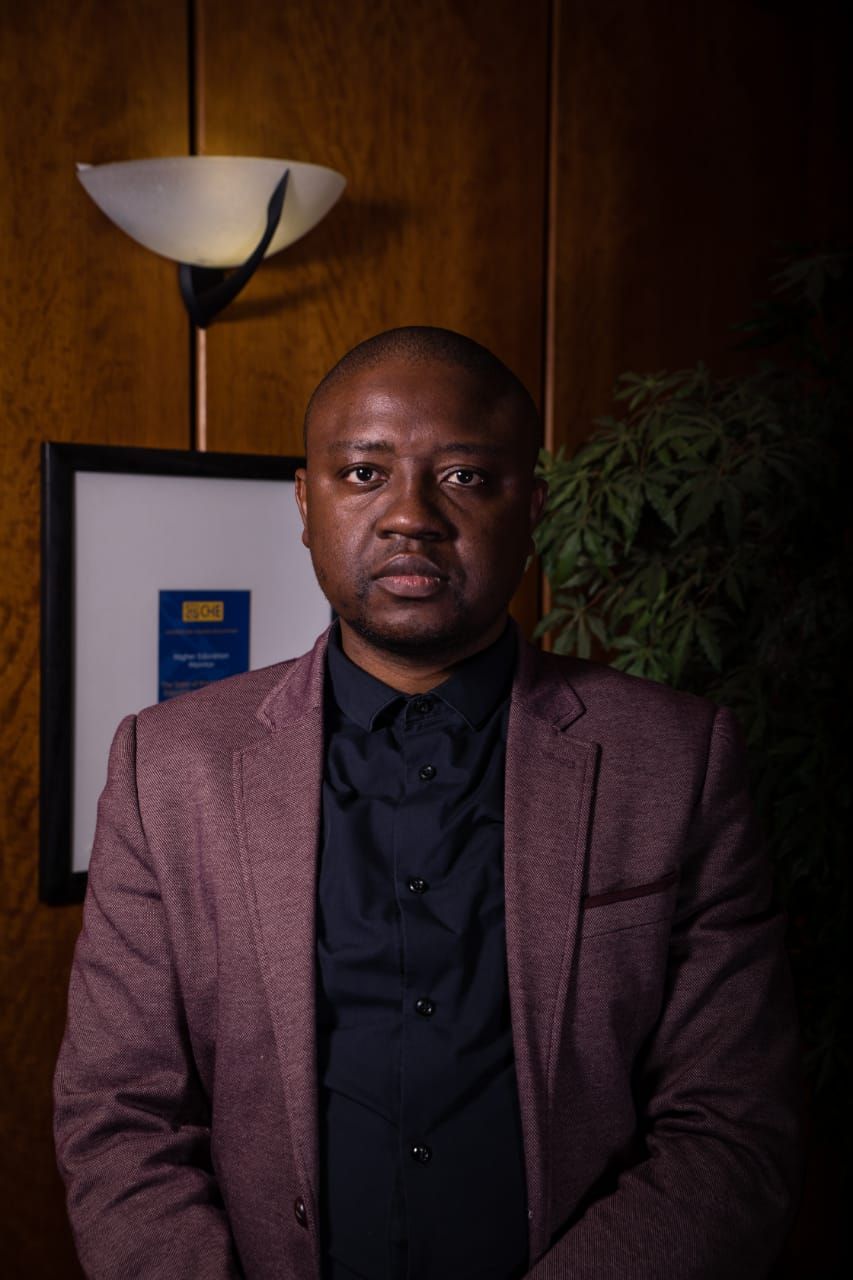
Dr Sanele Nene, Director: National Standards and Reviews and Acting Director: Institutional Audits at the Council on Higher Education (CHE), led an engaging and thought-provoking session. While community engagement tends to receive less attention than teaching and research, Dr Nene reaffirmed that it remains a core pillar of higher education. Encouragingly, more institutions are now working toward formal integration of CE within their frameworks.
Drawing from insights gathered during institutional audits of public higher education institutions, Dr Nene unpacked some of the persistent challenges CE faces — including the difficulty of balancing CE with the demands of teaching and research, limited funding, capacity constraints, and the absence of robust quality assurance mechanisms.
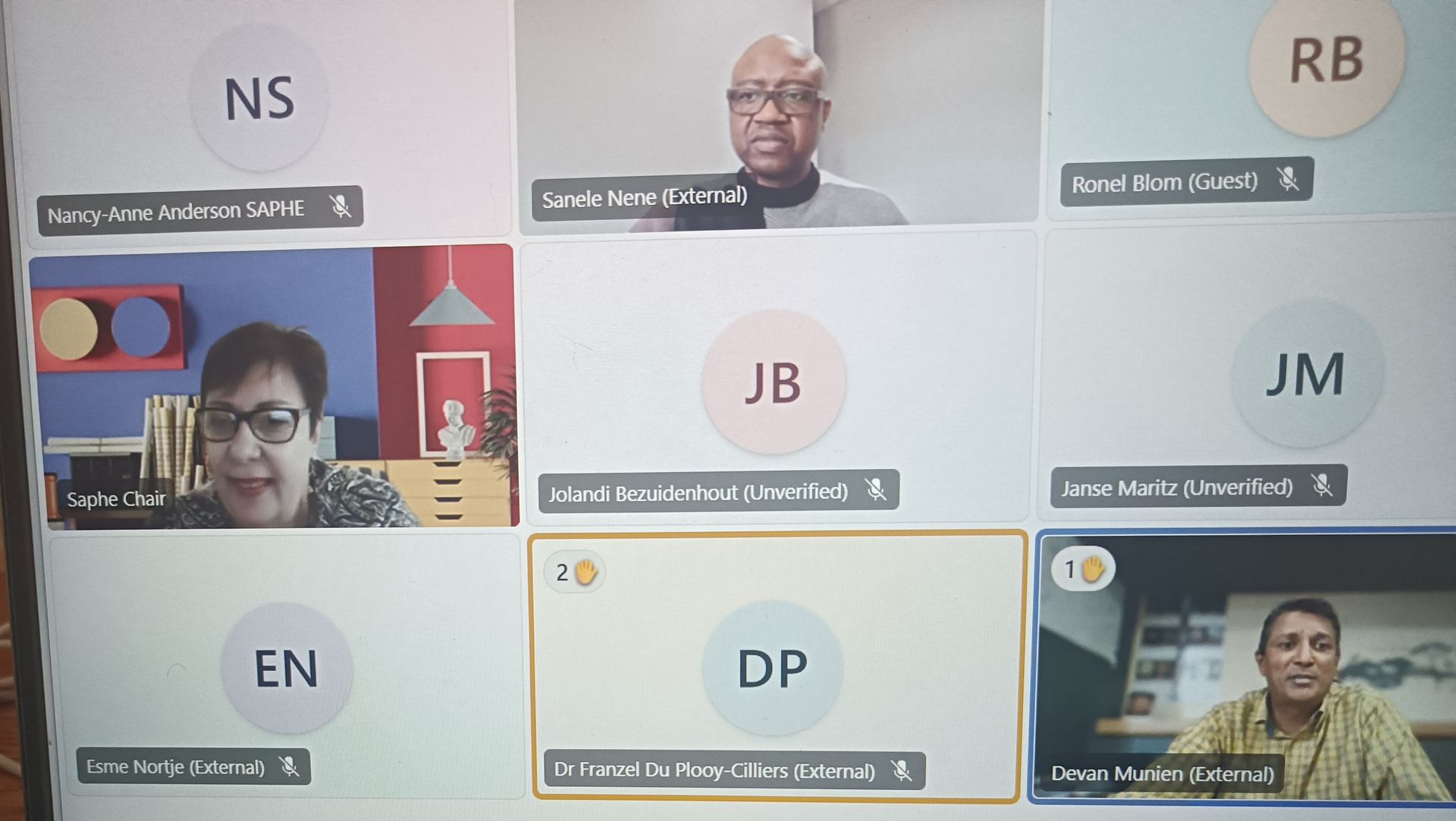
The session was particularly valuable for private institutions, many of which are preparing for upcoming institutional audits. Dr Nene outlined a series of recommendations to strengthen CE practice such as sustainable, formalised resource allocation, policy and strategic integration of CE, incentives and recognition for CE, alignment with transformation and context, and building meaningful community partnerships.
SAPHE Chair, Dr Carin Stoltz-Urban, closed the session by reaffirming SAPHE’s commitment to taking these insights forward — a commitment echoed by many in attendance.

